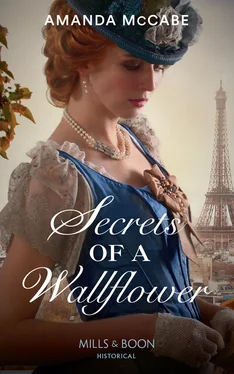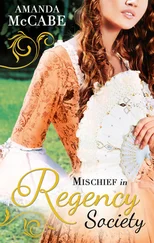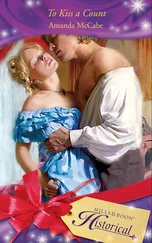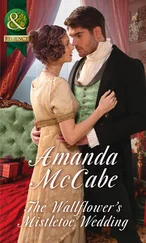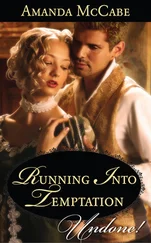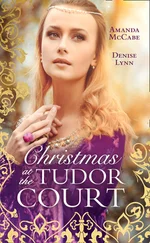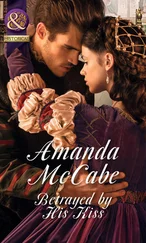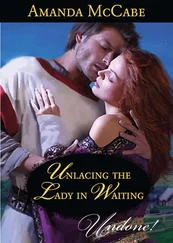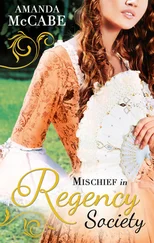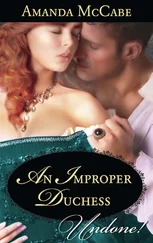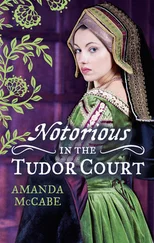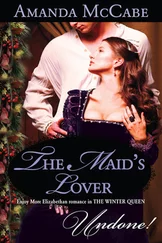Best of all, she had found Emily and Alexandra. From the very first day, when they sat next to each other for the school’s formal dinner in its vast, intimidating great hall, they had been bonded fast in friendship. None of them had their own sisters, so they became sisters of the heart. They studied together in the library, whispered in the night as they shared chocolates, wandered the gardens, shared hopes and dreams and stories.
And now it was all coming to an end, rushing towards them faster than a railway train, sweeping them into the unknown future. It was frightening—but also very exciting.
Alexandra would surely marry. She was a great beauty and, as a duke’s daughter, could probably find a prince—if she could bring herself to speak to him. She was so very shy, which was why her ducal parents had sent her to school, hoping she would come out of her shell, make new friends.
Emily, the daughter of a prosperous merchant in Brighton, could marry a wealthy factory owner her father knew, or she could run her very own business empire. She was clever enough, strong enough, brave enough, to do anything.
But Diana—she had no idea what she could do. Her father was a respected diplomat, well-to-do but not hugely wealthy, long retired from a military career that had once taken him to India and South Africa. She knew her parents expected her to find a country gentleman to settle into a fine home with, or maybe a vicar, if he was from a good family, or even an army officer, as her father had once been.
Yet marriage, despite all the wonderfully romantic French novels all the girls at Miss Grantley’s passed around and devoured along with their chocolates, seemed quite terrifying. Once a lady was married, her own ideas seemed finished.
She knew she wasn’t shrewd enough to run a business, as Emily could do. The one thing Diana really loved, the one thing that could take her out of herself and into other, stranger, beautiful worlds, was writing stories.
Miss Merrill, their literature teacher, told her she had a rare gift for creating vivid atmosphere with her words. She couldn’t play the harp very well, could barely add sums above three digits, hopelessly mixed up the borders on globes and who should sit beside who at dinner parties. But she could write well enough.
Couldn’t she?
She propped herself up on her elbow and studied her friends. Their hats were all off, their faces turned to the sun, their shoes discarded, Emily’s chestnut hair spread on the grass beneath her. Miss Merrill would lecture them if she could see! Diana tucked a loose strand of her red-gold hair back into her unruly plait.
‘There are great women writers,’ she said. ‘Jane Austen. Mrs Gaskell.’
‘Charlotte Brontë,’ said Emily. ‘Plus all those anonymous books by A Lady, the ones Ann Parkinson is always bringing back from Paris. Plenty of lady writers, though few are as good as you, Di.’
Diana felt her cheeks turn warm, maybe from the sun, maybe from the compliment. She had always longed for praise, but when it came she didn’t quite know what to do with it. She laid back down in her spot on the grass.
‘Do you want to write one of those French books, Di?’ Alexandra asked.
‘I don’t know.’ Diana thought of what they found in those smuggled books: wonderfully vivid descriptions of gowns and balls, kisses, elopements, scandal. They were fun. But she also loved the more realistic worlds found in George Eliot and Thackeray, so full of deep truths. ‘Maybe I’d like to do something like Mr Dickens. Something to make a bit of difference in the world. Or at least distract people from their troubles for a moment, as Miss Austen does, and give a bit of joy.’
‘You do that just by being—well, you,’ Alexandra said. ‘I’ve never known anyone to make me laugh as you do.’
‘Only because I fall down in deportment class and show my petticoats every week,’ Diana answered.
‘You only do that because it does make us laugh!’ said Emily. ‘Otherwise dreary old Mrs Percell would have us all asleep in boredom every week. We’ve seen you waltz when we practise our dance steps at night.’
Diana had to admit that was somewhat true. When Miss Merrill, their floor chaperon as well as the literature teacher, had gone to sleep, the girls would often have their own little dance parties. It was fun to dance then, using the frilled hem of her dressing gown as a train, pretending she was dancing with a prince in a grand ballroom. They would all spin and spin, and then collapse into giggles before they ate their hidden stash of teacakes.
But she still had the dratted tendency to topple over in curtsies. What she really liked about those classes was learning what to wear to various social events. She pored over the Parisian fashion magazines avidly and liked to sketch her own ideas for gowns and hats when she was supposed to be reading Cicero. Usually those imaginary gowns ended up on heroines in her short stories.
Stories of young ladies like her friends. Ladies who could change the world.
‘And even if you were clumsy,’ Alexandra said, ‘no one is more stylish than you.’ She reached out to touch the elaborate floral embroidery on the pale blue muslin sleeve of Diana’s dress. The local seamstress had made it to Diana’s own design, with puffed shoulders and a narrow skirt in the latest fashion.
Maybe she could use that style to make her mark. But how? Once she went home to her parents and their rules, she wouldn’t have many more chances.
Diana sat up on the grass and stared over the rolling lawns, the bright reds and yellows of the flowerbeds, the tennis court where girls in white were wielding their rackets, their merry laughter echoing on the breeze. The sun glinted on the windows of the main building, dazzling and golden.
It was a wonderful place. But Emily and Alexandra were right. Soon they would have to fly away. Where would they all go?
‘No matter what happens,’ she said, suddenly feeling quite urgent, almost frightened, ‘we must never lose each other.’
Emily sat up beside her, a tiny frown between her amber-brown eyes, and Alexandra reached for their hands.
‘Of course we’ll never lose each other,’ Emily said. ‘We’re sisters, are we not? We have to support each other through our horrid Season next year, all those ghastly teas and receptions. Curtsying to the Queen in her black veils...’
‘Or worse, the Prince of Wales,’ Alexandra said with a giggle. ‘My cousin Chris says the Prince tries to grab ladies’ backsides if they don’t move away fast enough.’
‘Alexandra!’ Emily cried. ‘That is quite the naughtiest thing you’ve ever said. But if Mr Blakely said it, I’m sure it’s true.’
Alexandra’s cousin, Christopher Blakely, was a bona fide member of the Marlborough House Set, a group that centred around the Prince of Wales and loved horse races, music halls, card games and beautiful, married ladies above all else. Chris was a handsome bon vivant, favouring carnation boutonnières and gold-headed walking sticks, and he made all the girls giggle and blush when he came to the school’s family visit days, which he often did, since he was Alex’s favourite relative. Diana also quite liked him. He had style and humour, and was impossible to take seriously. She had been looking forward to his visit today for weeks.
Chris’s older brother, Sir William Blakely, on the other hand, was the very portrait of solemn respectability. A member of the Foreign Office, he seldom visited his cousin at school, and they said he was soon to go to India. While Sir William was certainly handsome, with his glossy dark hair, fathomless dark eyes and tall, lean figure in his perfectly cut suit, he was quiet. He so seldom smiled, yet always seemed to be watching everything around him so closely.
Читать дальше
